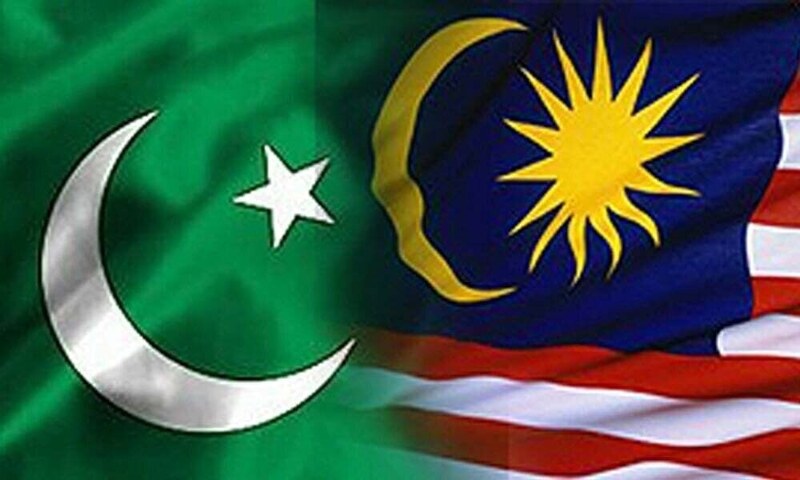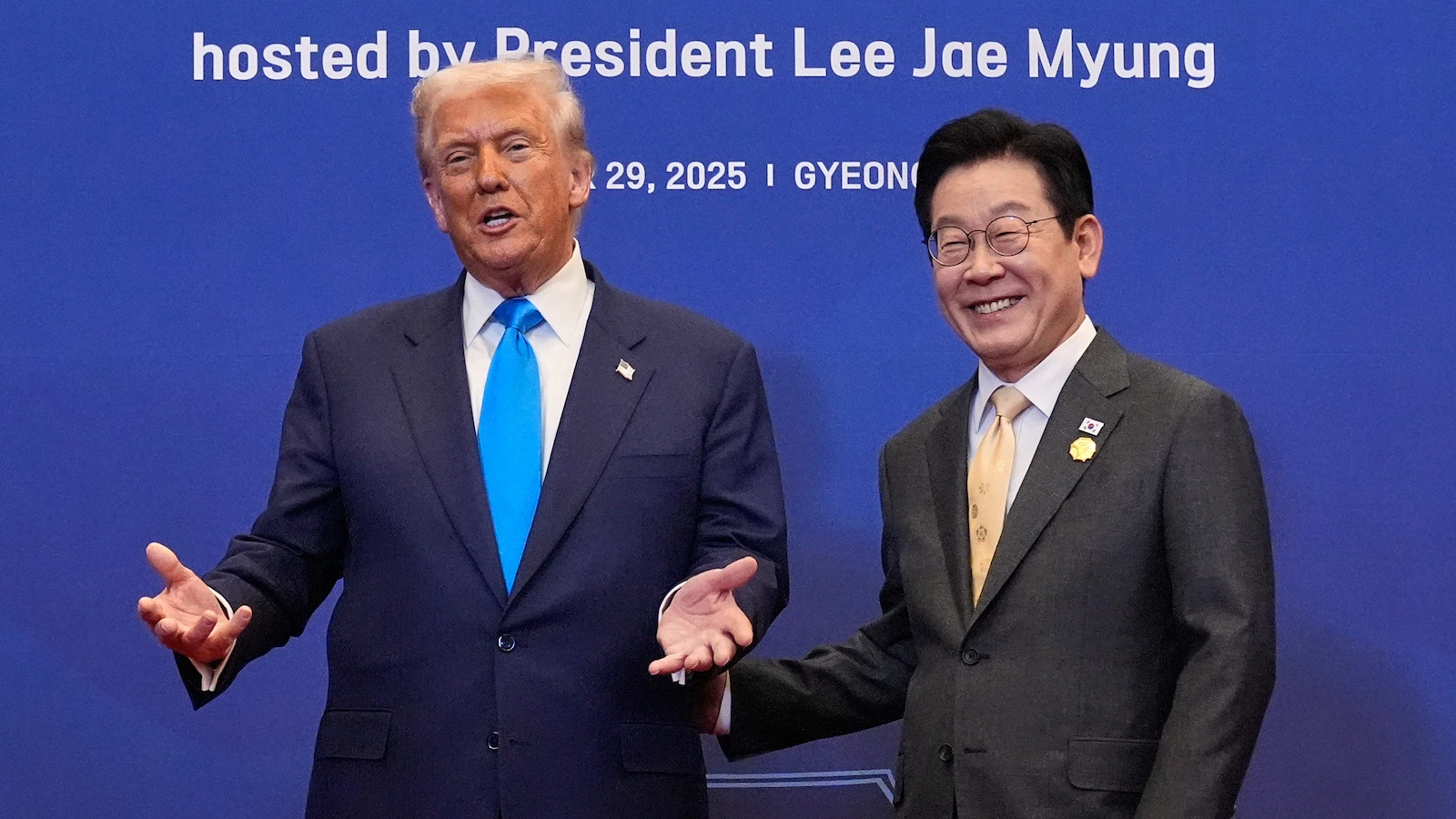Copyright brecorder

ISLAMABAD: An inter-ministerial meeting on Monday discussed issues related to Pakistan’s export of Halal meat to Malaysia, following reports of complaints regarding the quality of exported products. The meeting, chaired by Minister for Commerce Jam Kamal Khan, was attended by Federal Minister for National Food Security and Research Rana Tanveer Hussain, Special Assistant to the Prime Minister on Industries and Production Haroon Akhtar Khan, senior officials from relevant ministries, and representatives of the private sector. Jam Kamal Khan said the government is determined to strengthen Pakistan’s meat export base and secure greater access to high-value international markets, particularly Malaysia, which offers significant potential. He added that the prime minister has tasked the committee with formulating a comprehensive policy that addresses both short-term export challenges and long-term reforms in the livestock and meat sectors. The minister noted that Malaysia represents a “low-hanging fruit” for Pakistan’s meat industry, provided that the country effectively manages price competitiveness, compliance standards, and supply consistency. He emphasized that the forthcoming policy will focus on disease control, Halal certification, and infrastructure development, in coordination with provincial governments and the private sector. Briefing the meeting, SAPM Haroon Akhtar Khan said Pakistan’s current potential for meat exports to Malaysia stands at around USD 200 million. However, realizing this potential requires urgent action to overcome constraints such as Foot and Mouth Disease (FMD) and the ban on bone-in meat exports. He pointed out that Pakistan’s competitiveness is undermined by the fact that Indian exporters can export bone-in meat, while Pakistan is limited to boneless meat due to FMD-related restrictions. Haroon Akhtar proposed a two-step approach: (i) a short-term report within four days outlining immediate measures to achieve the USD 200 million export target; and (ii) a long-term policy framework within ten days to guide the sustainable development of Pakistan’s meat export sector. Rana Tanveer Hussain assured the meeting of full support from the Ministry of National Food Security and Research in addressing disease control and improving livestock standards. He informed participants that significant progress has already been made in Punjab on FMD control and feedlot fattening initiatives, and that similar efforts will be extended to other provinces. To ensure effective coordination and follow-up, four specialized committees were formed to address key areas including disease control, breed improvement, feedlot fattening, and facilitation measures for exporters. The meeting also discussed involving the Ministry of Science and Technology to ensure compliance with Halal certification and international quality standards. The Sindh government will be engaged as well, given the strategic importance of Karachi’s port facilities for meat exports. Wrapping up the meeting, Jam Kamal Khan directed all ministries and stakeholders to submit their respective inputs within the assigned timelines. He reaffirmed the government’s commitment to promoting exports through research-based planning, public-private collaboration, and strengthened compliance mechanisms — ensuring that Pakistan emerges as a reliable supplier of high-quality Halal meat to global markets. Copyright Business Recorder, 2025



